Zariah sat cross-legged on the couch in the Airbnb, staring at the news loop playing on Marcus’s laptop. The footage was shaky—cell phone video taken minutes after they’d found DeShawn’s body. Red and blue lights washed over frightened faces. Sirens screamed in the distance. And there, frozen in the shadows behind the alley, barely visible but unmistakably present, was a figure.
Tall. Slim. Dressed in a black coat with a brimmed hat low over his face.
She paused the video. “That’s not a cop. That’s not anyone from the crowd.”
Marcus leaned in. “It’s him. I told you. The Trumpet Man.”
Zariah glanced at him, skeptical but shaken. “You really believe this legend?”
“I do now,” he said. “The story goes back to the ‘60s. During the protests, some club owners hired a man to ‘quiet’ the musicians speaking out. He wore a mask and used music as a warning—people who played revolutionary songs disappeared. Some said he was a government hitman. Others said he was a musician who lost his soul. But everybody calls him The Trumpet Man.”
“That’s a myth, Marcus. A boogeyman created by people who didn’t want to accept that the cops were behind the killings.”
“But what if both are true?” he said. “What if the myth covered something even darker? And what if he’s back?”
Before Zariah could answer, Keenan entered the room, fresh from the porch. “We need to be careful,” he said. “That boy was killed for a reason. And we’re not just any group of friends.”
Zariah raised an eyebrow. “What do you mean?”
Keenan took a breath. “My father grew up on Beale. He ran with club owners—old-school cats who thought they ran the city. He told me once that our families were targets back in the day. People who resisted. Musicians. Organizers.”
He pulled a worn photograph from his wallet and placed it on the coffee table. It showed five Black men in suits, standing in front of a neon-lit club. One of them, a younger version of Zariah’s grandfather, had a saxophone in his hand.
Zariah stared at the image, her chest tightening.
Marcus flipped it over. On the back was scrawled: "Keep the music alive, even if it kills you."
Later that night, Zariah lay awake in the guest room, the photo beside her. She couldn’t stop thinking about her grandfather—how he used to tell her that music had power. That the right notes could open wounds or heal them. That silence, in the wrong hands, could kill.
Outside, Beale Street pulsed with life. But somewhere beneath the horns and laughter, a darker note played—one only a few could hear.
A prelude to death.

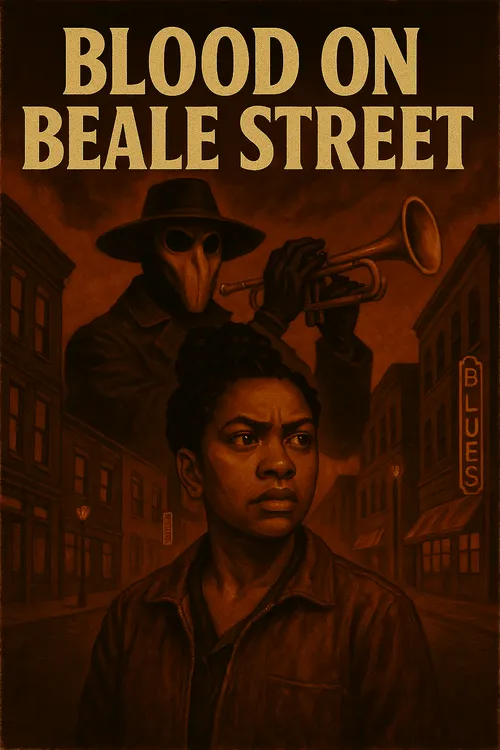


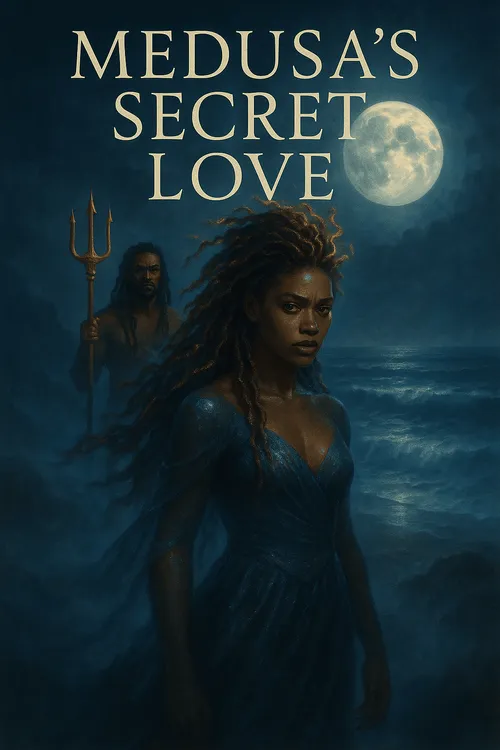
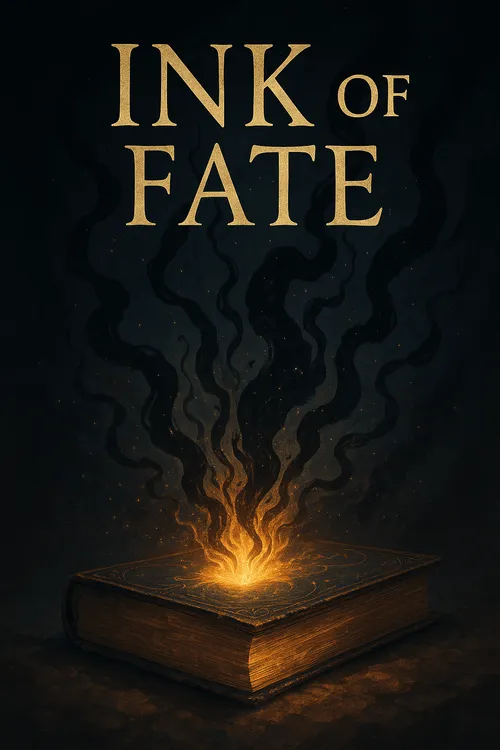
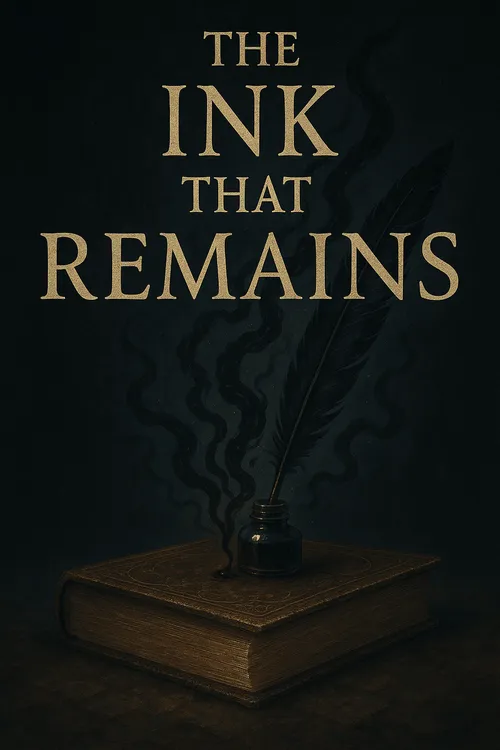

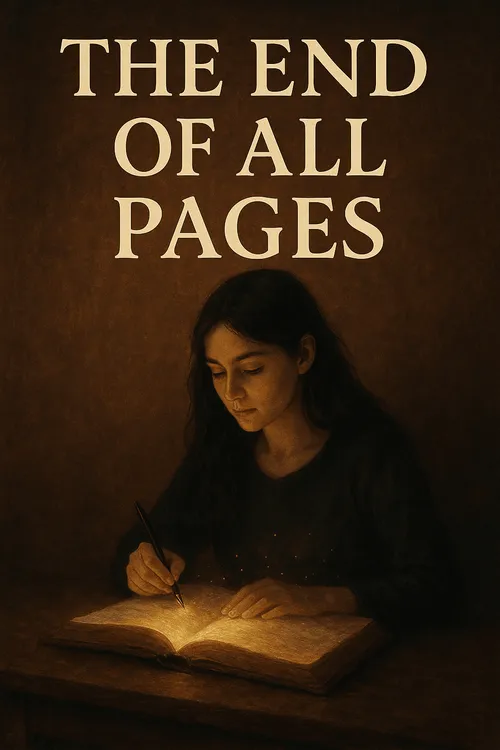
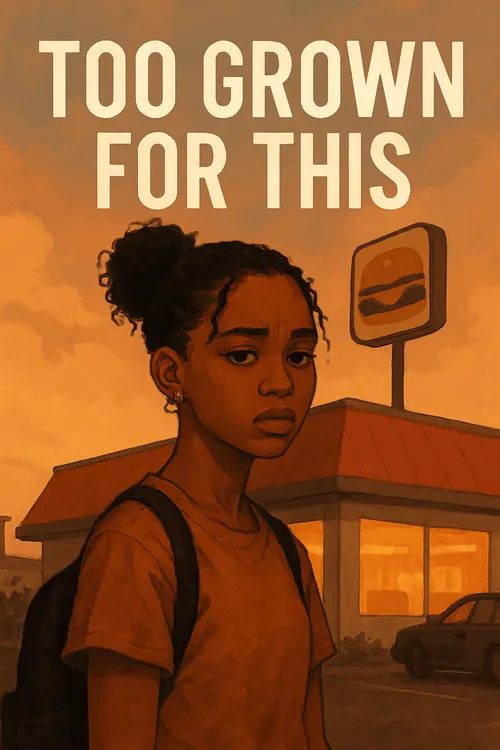
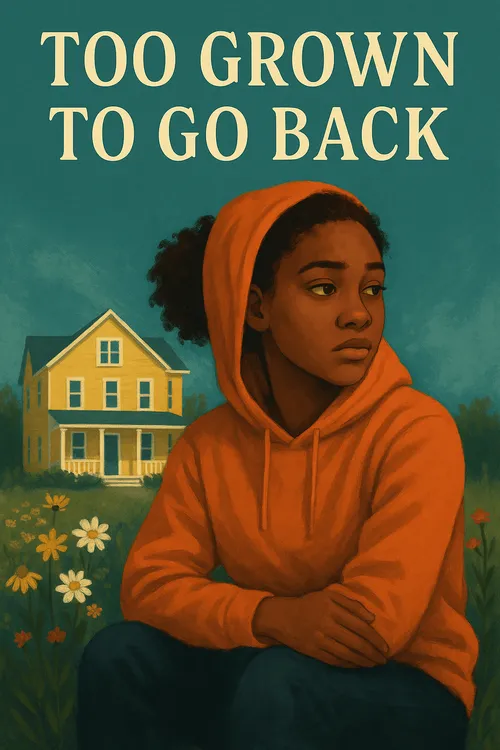
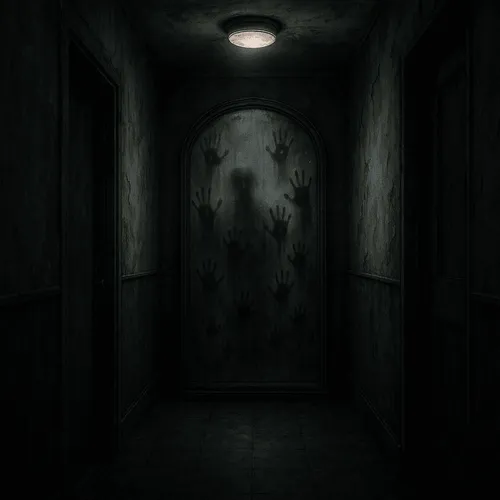
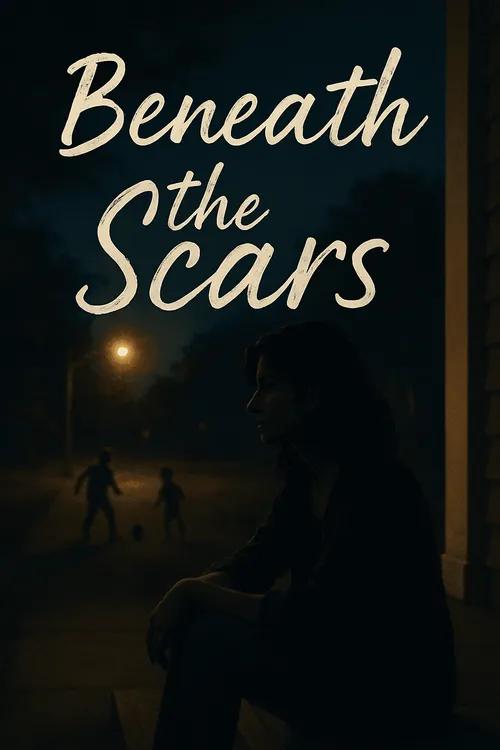
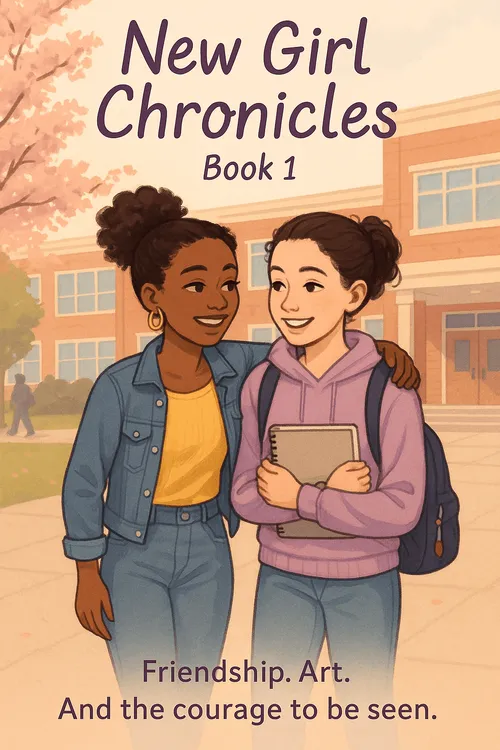
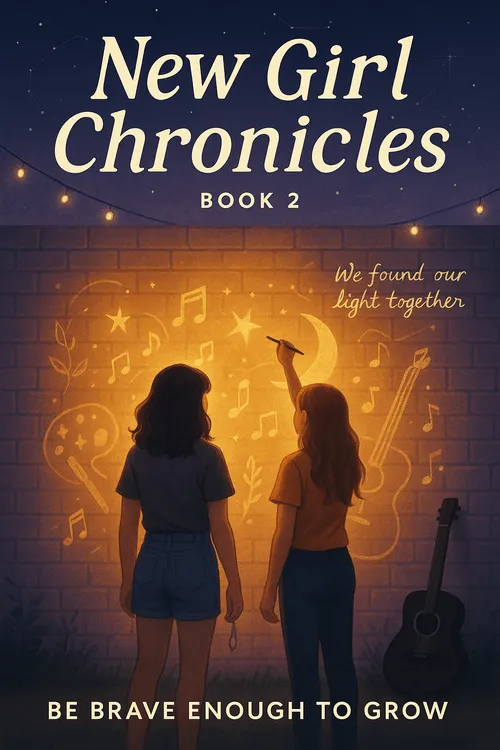
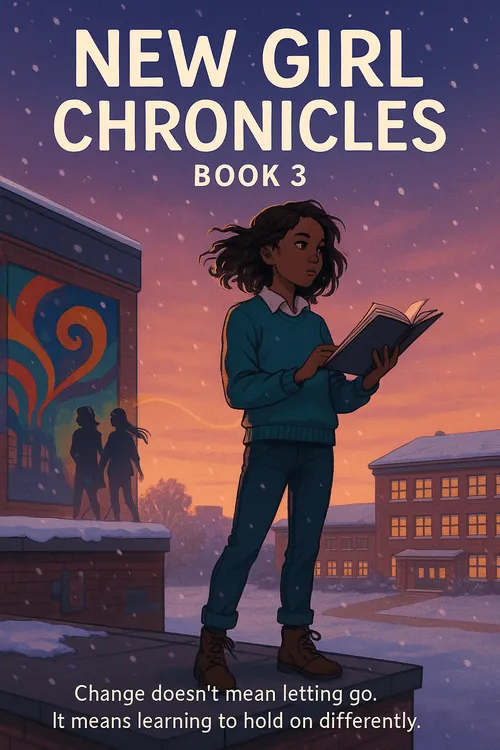
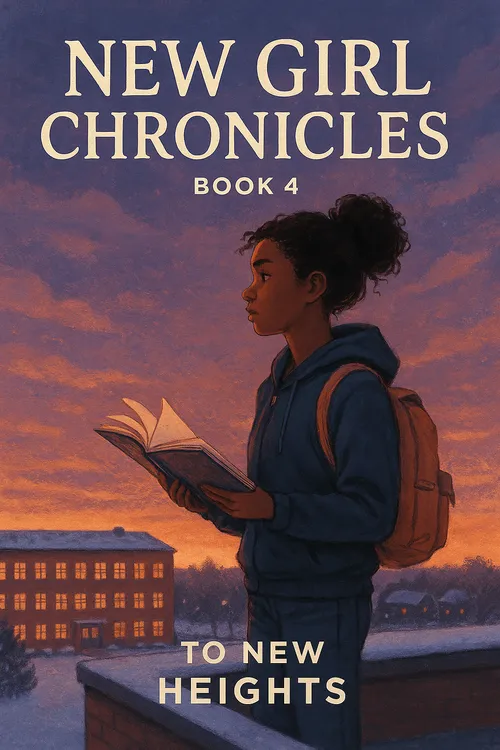
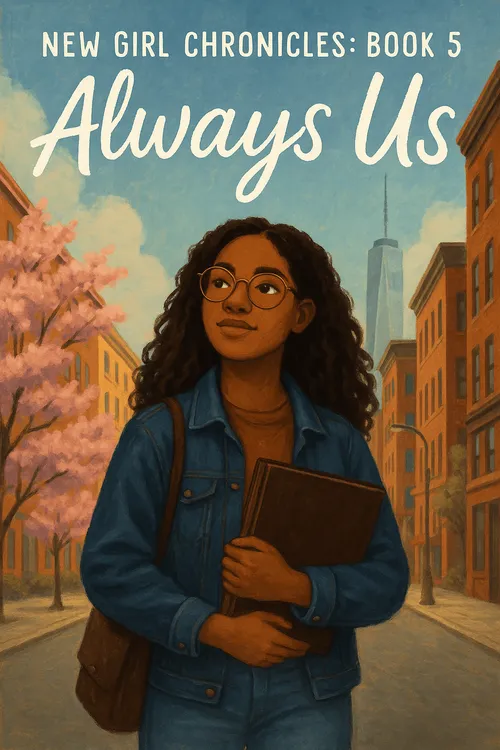
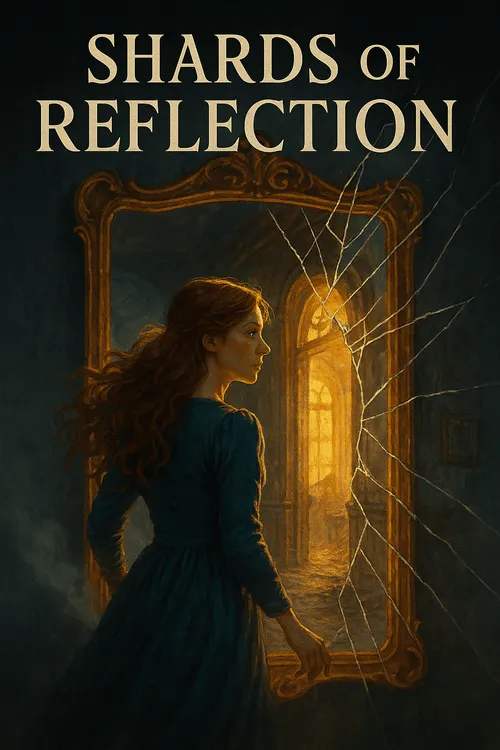
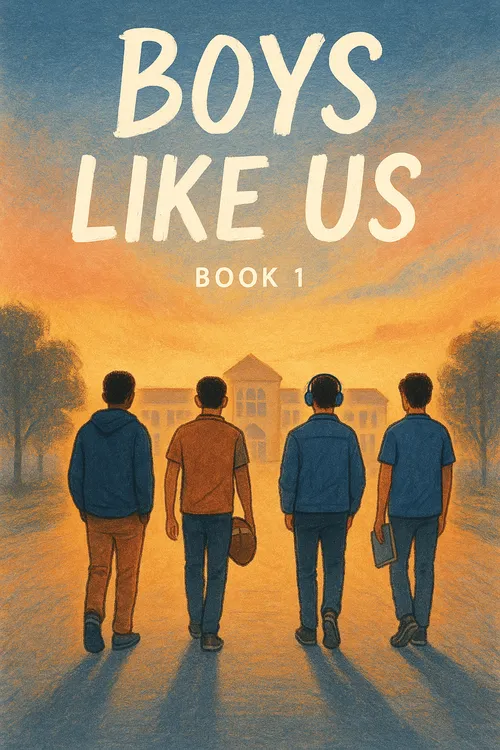
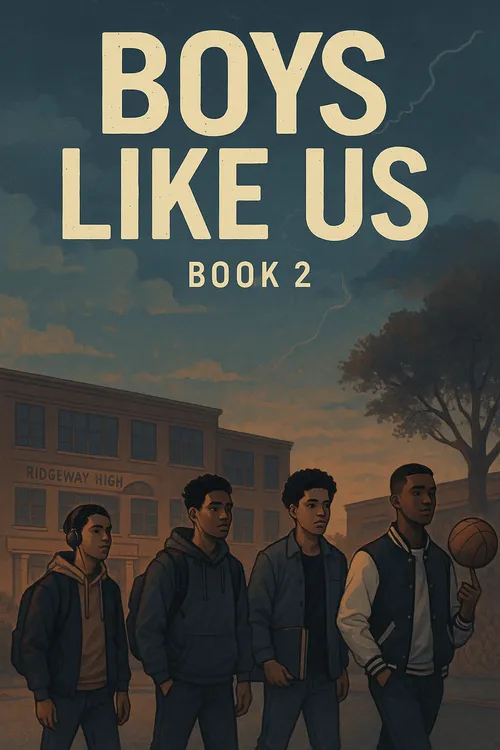
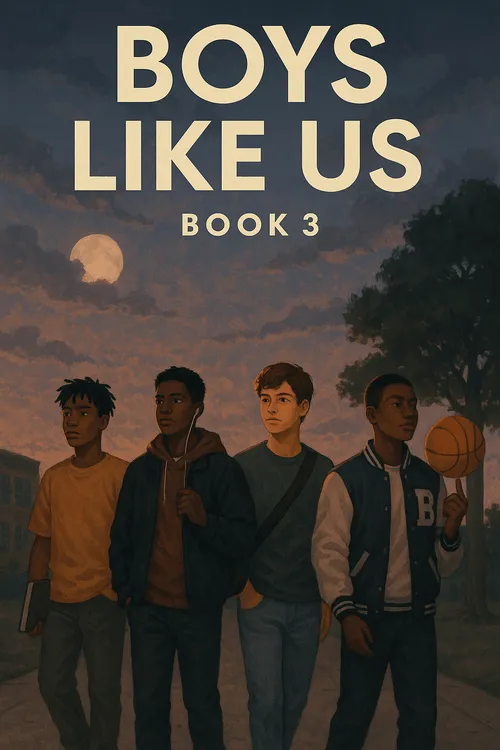
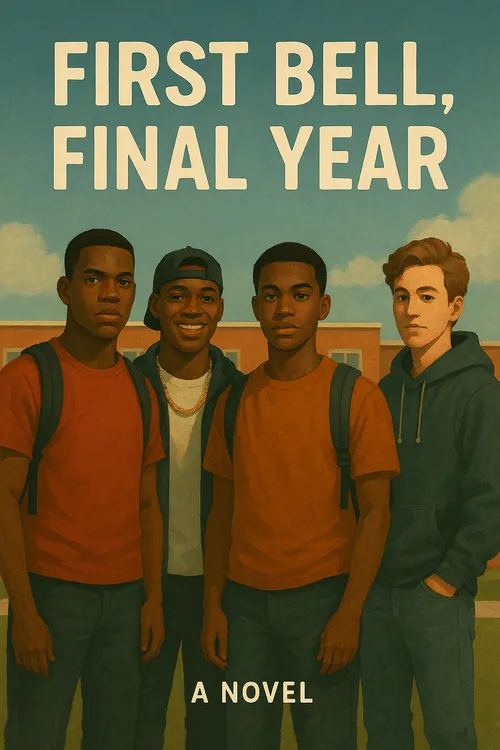
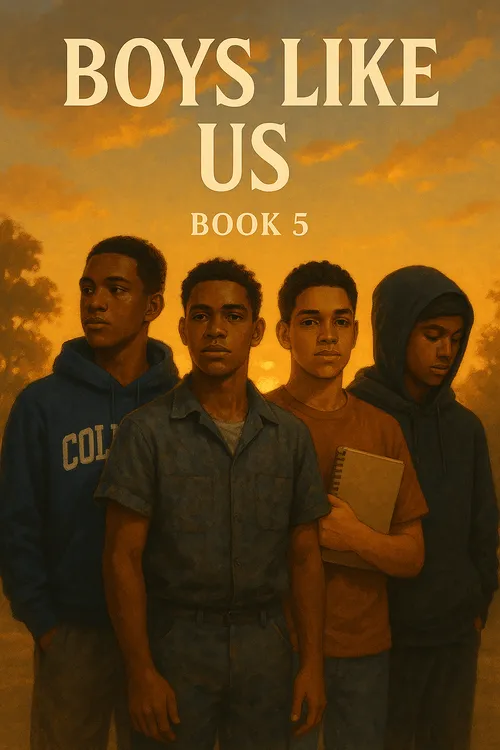
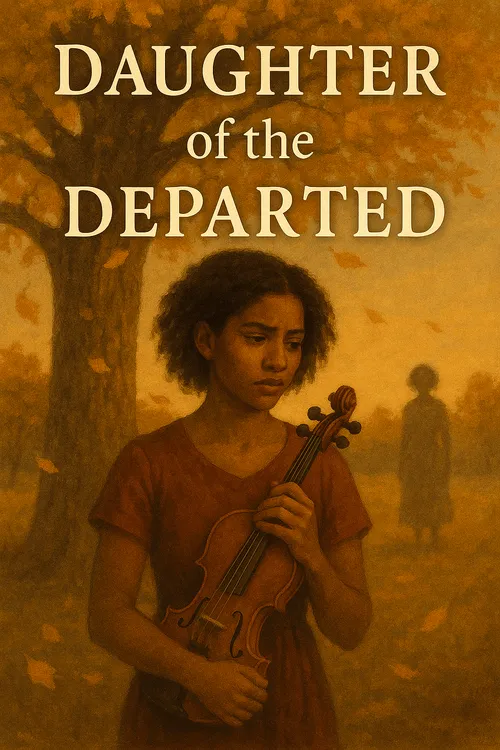
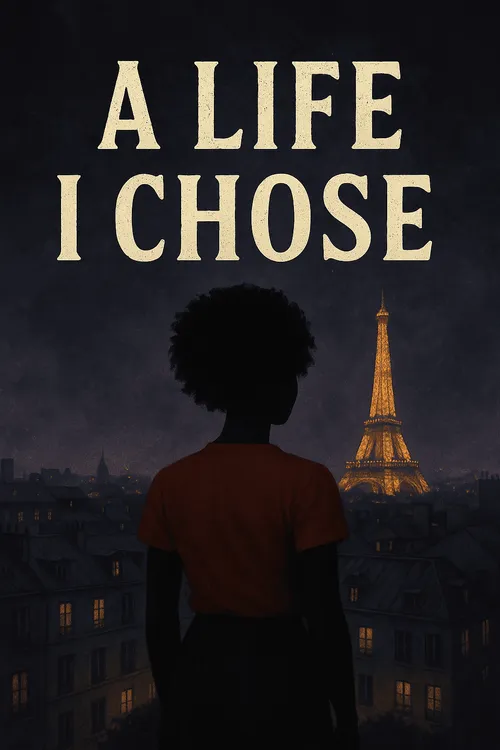
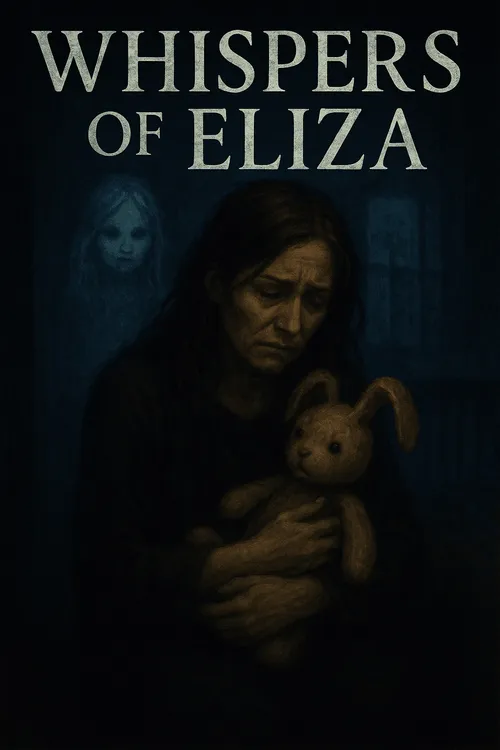
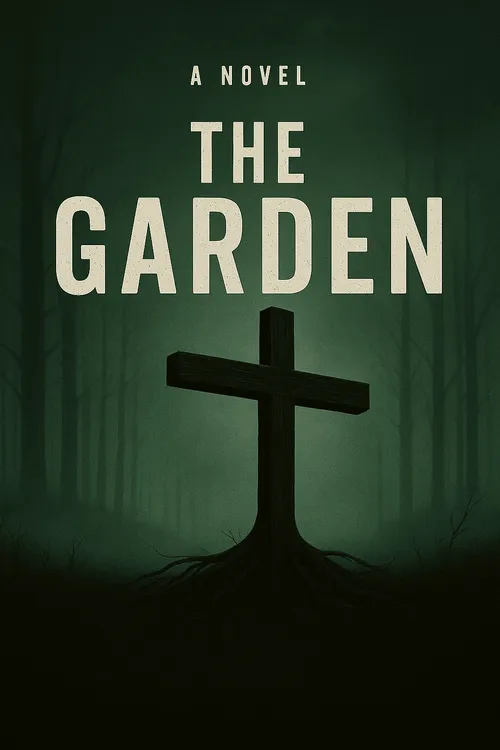
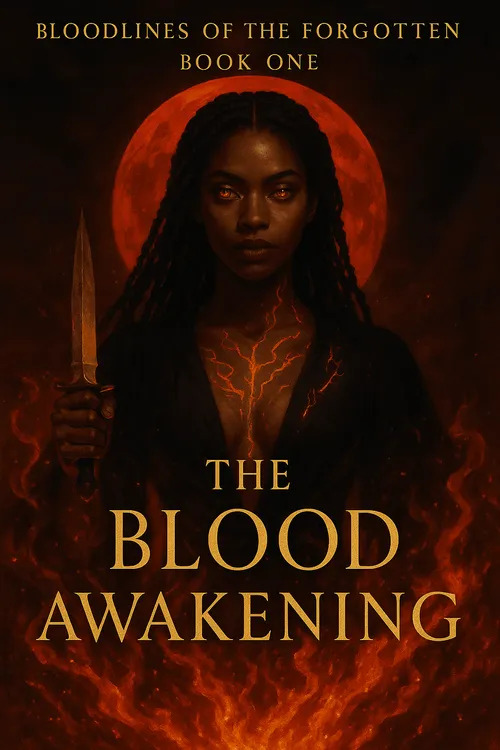
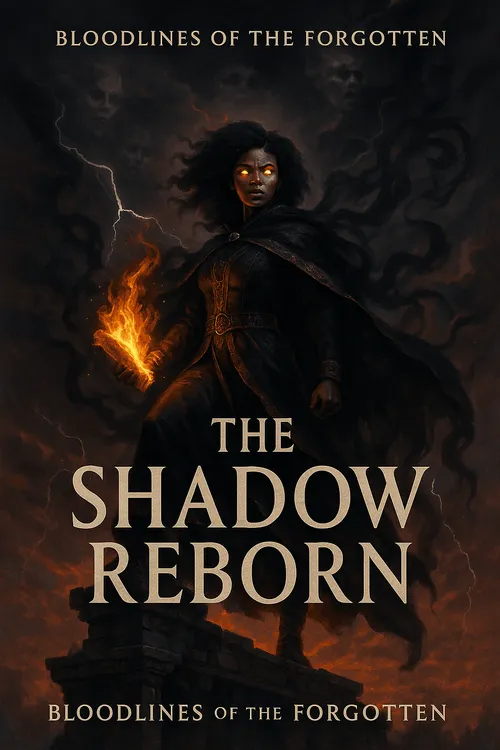
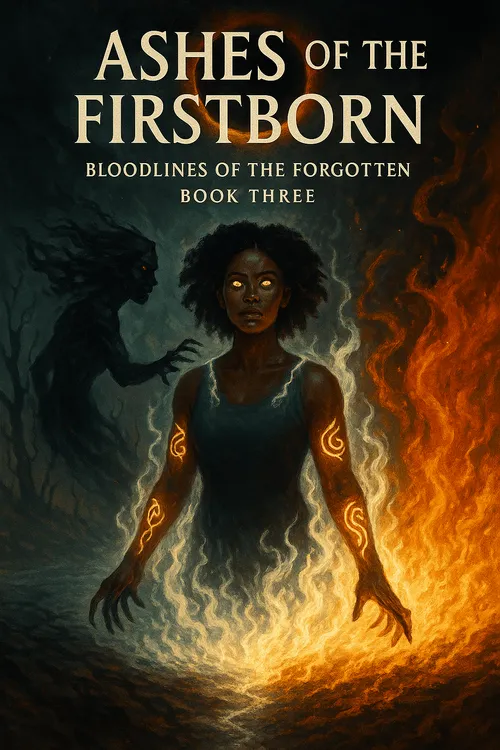
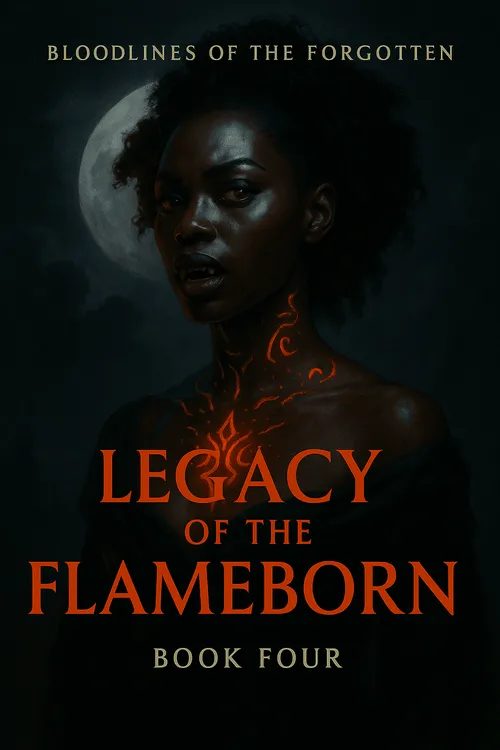
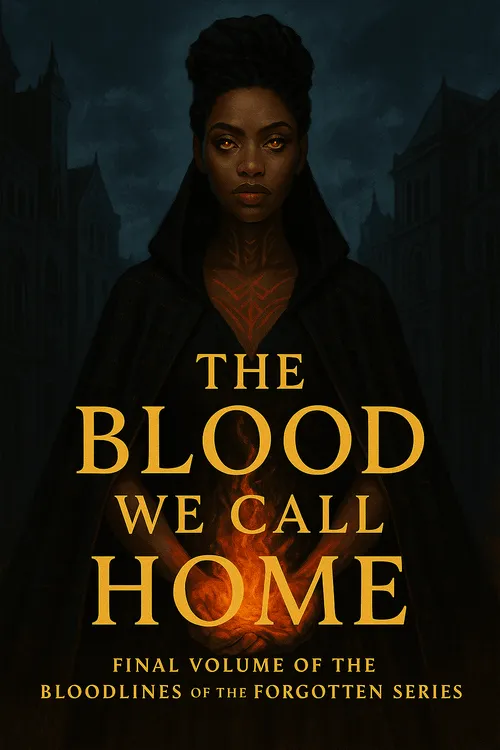
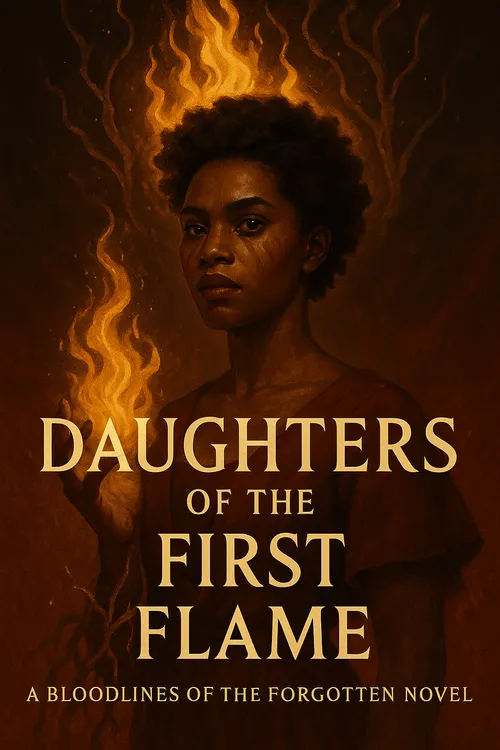
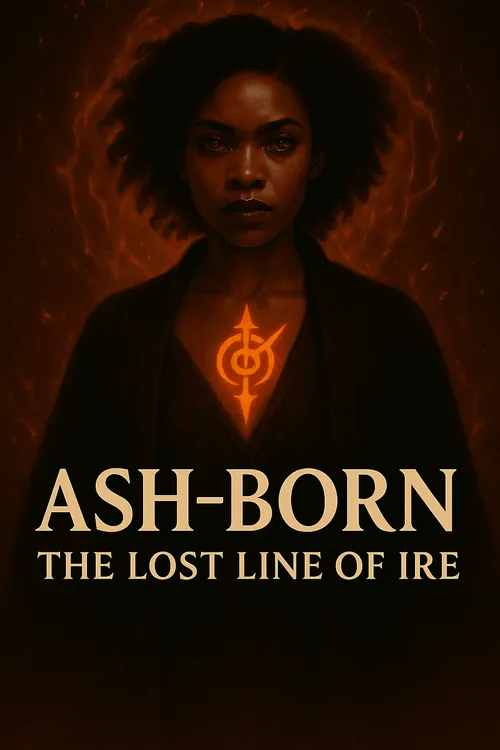
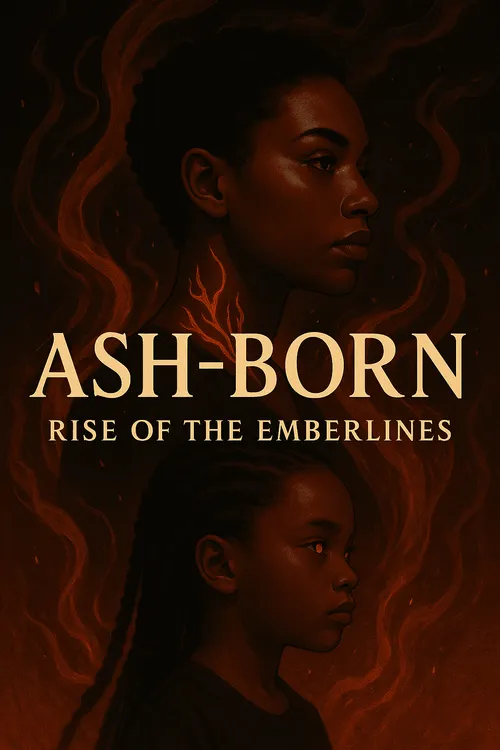
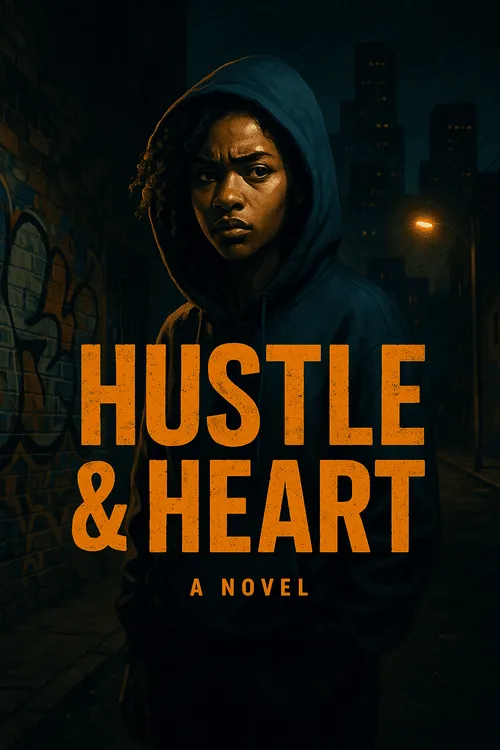
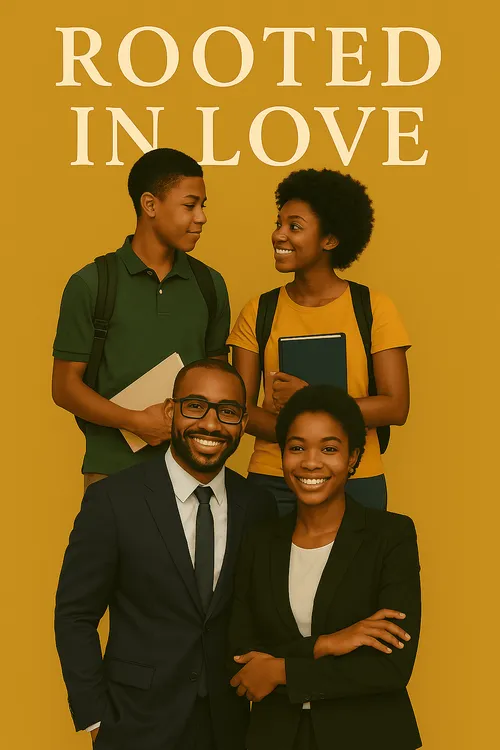
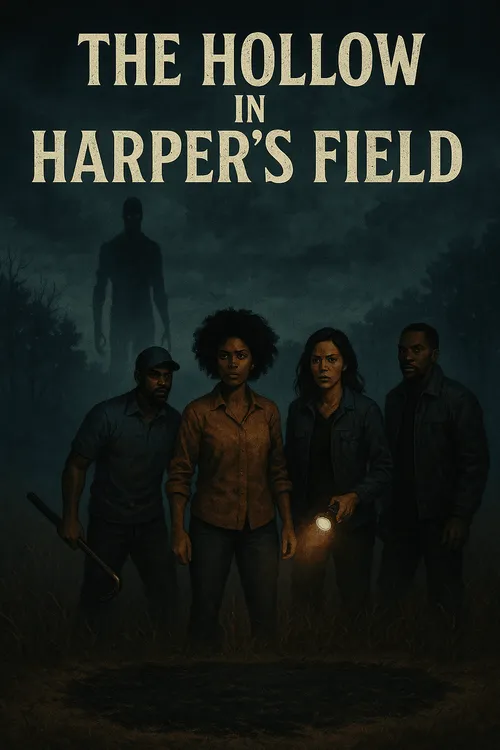
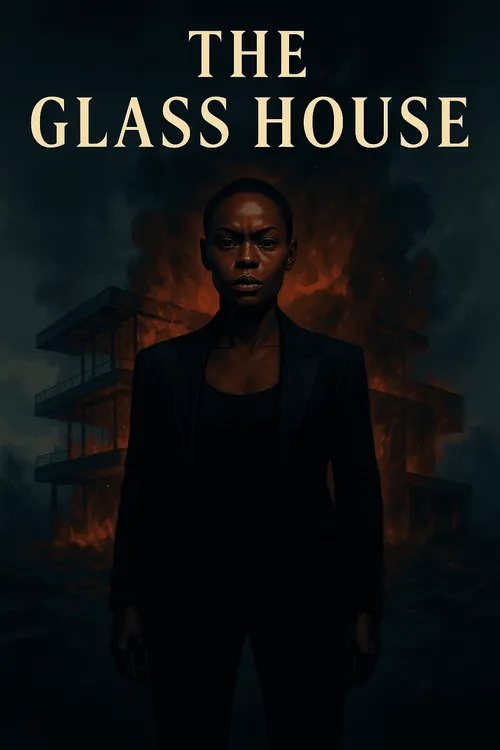
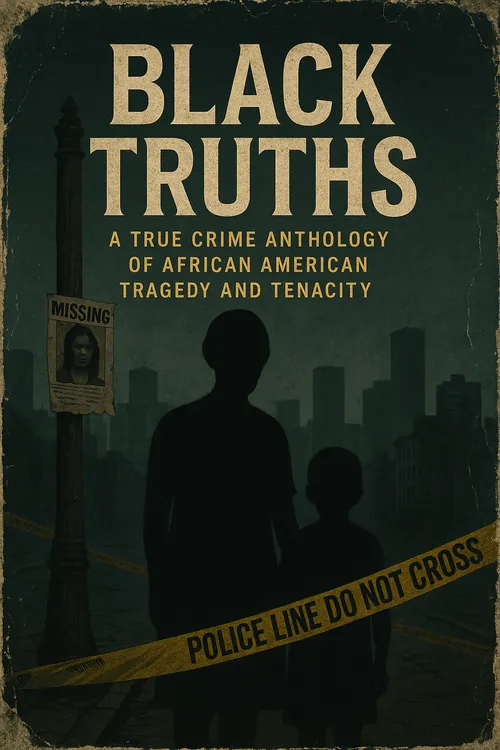
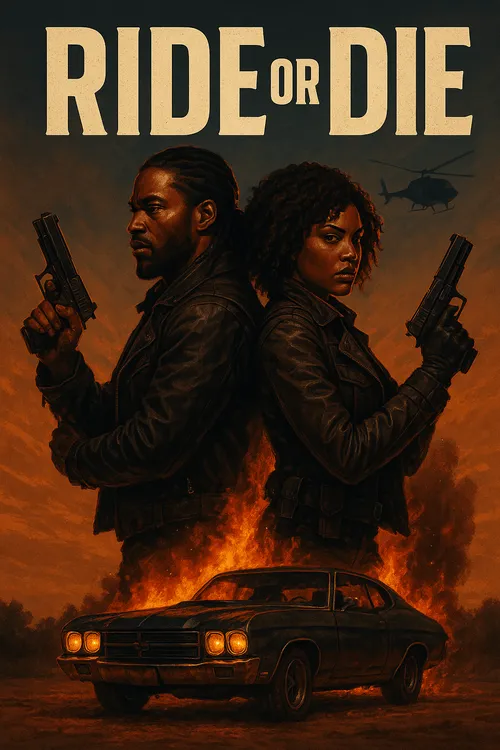

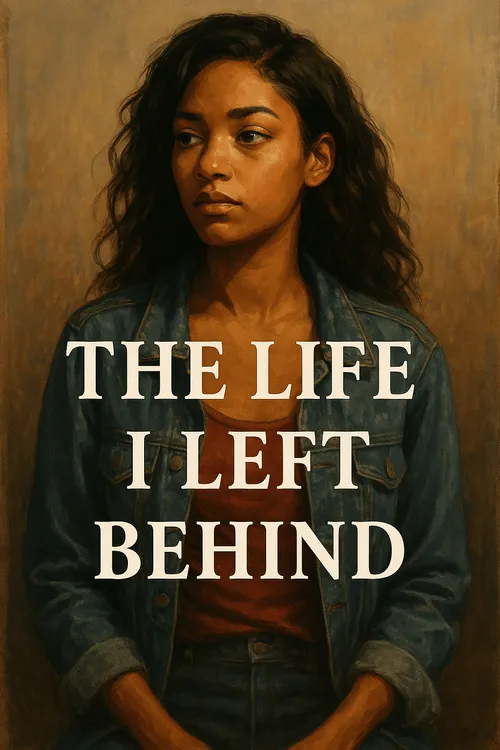
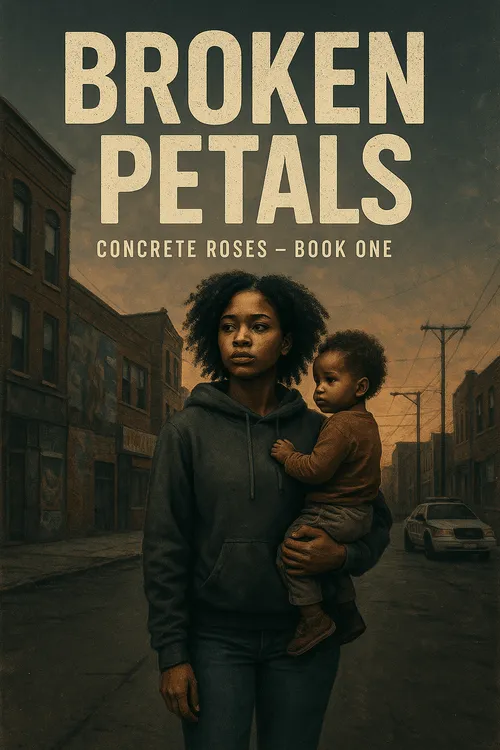
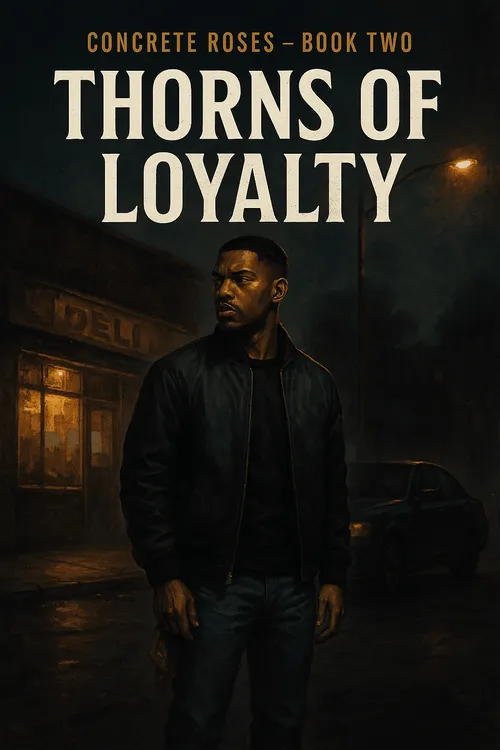
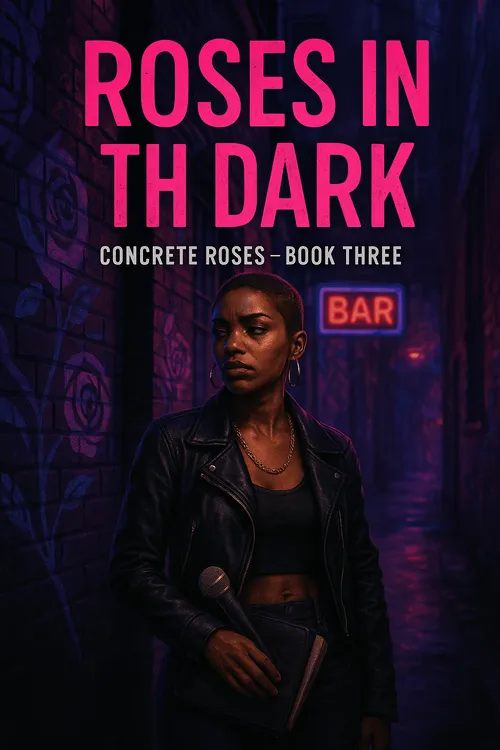
This story has not been rated yet. Login to review this story.